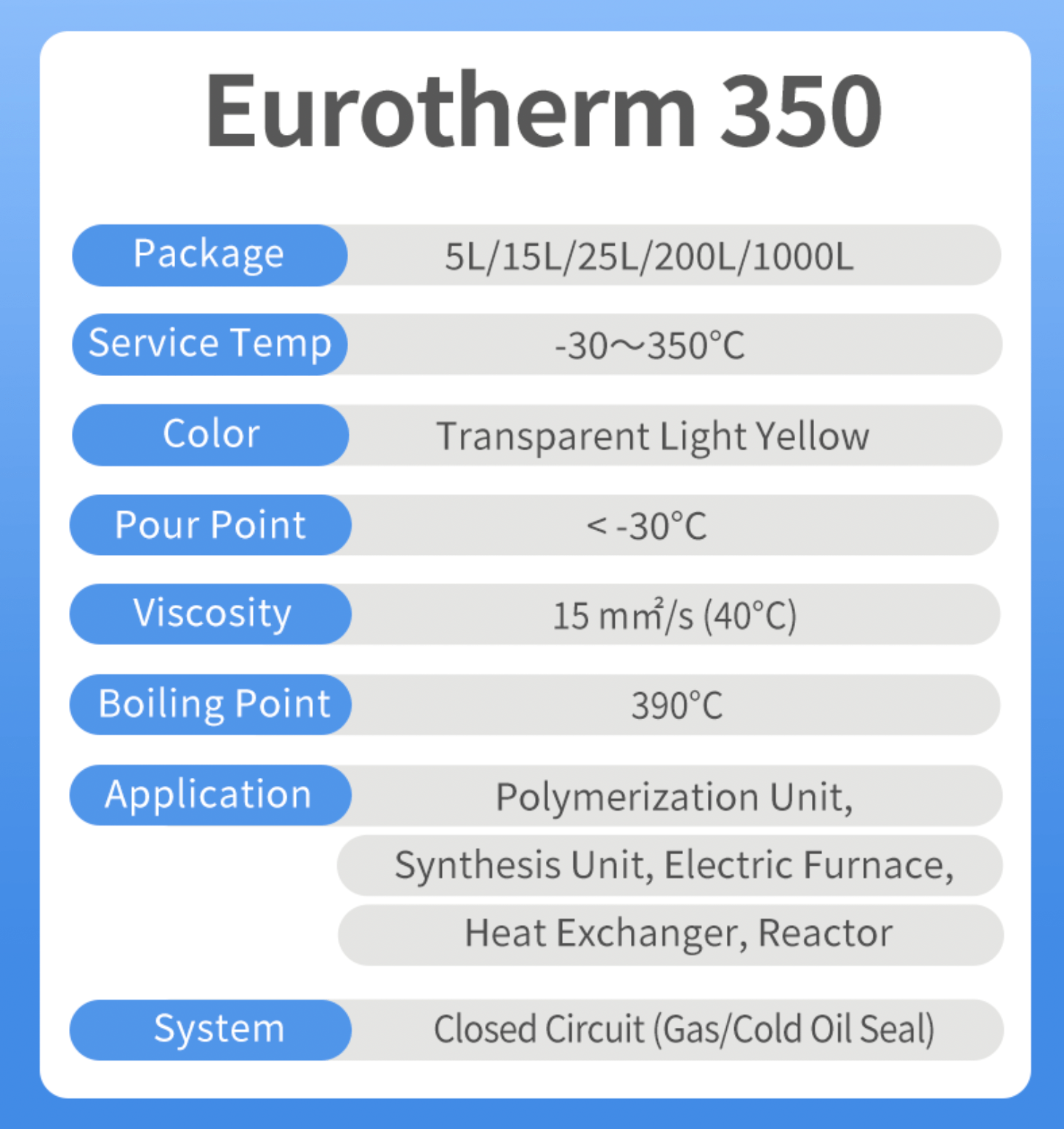Why Warmth Transfer Fluid Is Important for Optimizing Energy Transfer in Solution
The duty of heat transfer liquids in maximizing energy transfer is pivotal for attaining reliable thermal monitoring across different industrial sectors. These liquids help with smooth warm exchange, ensuring processes run within ideal temperature level arrays and alleviating the danger of getting too hot.

Role in Thermal Monitoring
Heat transfer liquids play a critical function in thermal monitoring by efficiently regulating temperatures in numerous commercial processes and systems. These specialized fluids help with the transfer of warm in between various elements, guaranteeing ideal operating problems and protecting against overheating. By keeping precise temperature level control, warm transfer fluids allow industries such as chemical manufacturing, oil and gas, and power generation to run securely and effectively.
The option of an appropriate warm transfer fluid relies on a number of aspects, consisting of thermal stability, warmth capacity, and viscosity. High thermal security guarantees that the liquid can stand up to extreme temperatures without weakening, while a high warmth capability permits it to take in and launch significant quantities of warmth - heat transfer fluid. Low viscosity minimizes the energy required for pumping, adding to overall system effectiveness
Moreover, warm transfer liquids are important in applications like refrigeration, where they assist take in and dissipate heat throughout the cooling cycle. In solar thermal power systems, these liquids capture and transport solar warmth to create power or supply warm water. Their versatility to diverse operating conditions and capacity to keep constant thermal efficiency highlight their value in commercial thermal monitoring, promoting functional connection and improving precaution.

Enhancing System Effectiveness
To make best use of the advantages of thermal administration, enhancing system effectiveness with the calculated usage of warmth transfer fluids is paramount. These liquids play a crucial role in optimizing energy transfer by assisting in regular thermal law, which consequently affects the general performance and long life of systems. Effective heat transfer causes decreased power losses, minimized functional prices, and boosted dependability of devices. By maintaining optimal temperature level levels, heat transfer fluids assist make certain that systems run within their designed specifications, thereby avoiding overheating and minimizing the threat of element failure.

Sorts Of Heat Transfer Fluids
The variety of heat transfer liquids highlights their important role in a variety of commercial applications, each tailored to fulfill particular thermal management needs. These liquids assist in reliable energy transfer and are picked based on crucial residential or commercial properties such as thermal security, viscosity, and warmth ability. The primary types consist of water, glycol remedies, oils, and synthetics, each offering unique advantages.
Water is the most typical heat transfer medium as a result of its high details heat capacity and affordable. Its usage is limited by its freezing and steaming points. Glycol combinations, usually made use of in cooling and heating systems, provide a lower cold factor, including flexibility in various climates. Mineral oils are preferred for their thermal security and non-corrosive nature, making them appropriate for high-temperature applications.

Artificial liquids, consisting of silicone and aromatic substances, offer exceptional thermal security and are used in environments demanding severe temperature level ranges. These liquids ensure remarkable performance in systems where traditional liquids may stop working. The choice of a warmth transfer fluid is essential, as it influences system performance, security, and long life. Each type must be picked to line up with the operational needs and the particular problems of the application it serves.
Environmental and Economic Benefits
Using the best heat transfer liquids offers considerable ecological and economic advantages for industrial operations. By choosing liquids with superior thermal security and high heat capacity, markets can improve power efficiency, leading to lowered fuel intake and reduced greenhouse gas emissions. This adds to a smaller sized carbon footprint and lines up with international sustainability goals. Ecologically pleasant warmth transfer liquids, frequently naturally degradable and non-toxic, minimize the danger of dirt and water contamination in the event check over here of leaks or spills, thus protecting ecological communities and abiding with strict environmental laws.
Economically, the ideal warmth transfer liquid can considerably decrease operational costs. Effective warmth transfer lowers energy expense, causing reduced utility costs and boosted productivity. Liquids with prolonged lifecycle performance reduce the frequency of substitutes and maintenance, minimizing downtime and connected prices. Purchasing high-grade fluids can likewise reduce the danger of devices corrosion and failing, staying clear of expensive repair work and prolonging the life expectancy of vital framework. In open markets, these financial savings and effectiveness give a distinct advantage, enabling firms to allocate sources a lot more effectively and buy further advancement. Overall, the tactical use optimal warmth transfer fluids sustains lasting financial development and ecological stewardship.
Selecting the Right Liquid
Exactly how does one browse the complicated procedure of choosing the best heat transfer fluid for industrial applications? Choosing the appropriate liquid is important, as it straight influences system effectiveness, security, and functional expenses. Secret factors to consider consist of thermal stability, compatibility with system materials, and running temperature array. Thermal security guarantees the fluid can hold up against heats without weakening, while compatibility avoids rust or various other detrimental responses with system parts. why not check here The operating temperature level variety should align with the system's requirements to maintain efficiency and long life - heat transfer fluid.
Additionally, the liquid's warmth ability and viscosity are vital. A high heat ability permits the fluid to absorb and move more power, improving performance.
Final Thought
The calculated selection and application of heat transfer fluids are essential to maximizing power transfer throughout my blog numerous systems. By making sure high thermal stability and capacity, these fluids give precise temperature level control and enhance general system effectiveness.